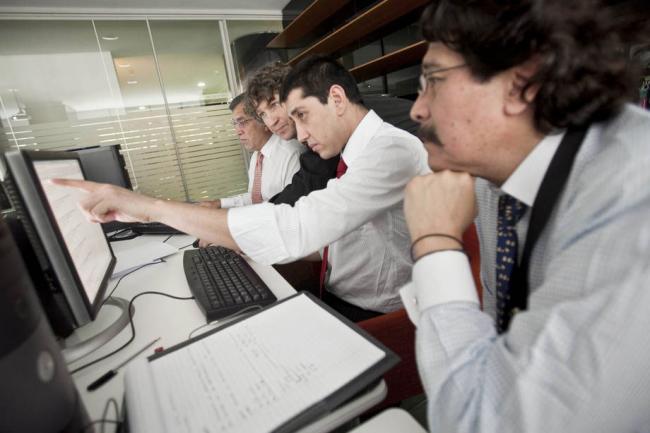
Statistical capabilities need major upgrade to achieve 2030 Agenda – UN agriculture chief
Opening the 7th International Conference on Agricultural Statistics, organized by the Italian National Institute of Statistics in collaboration with FAO, Graziano da Silva stressed the importance of the adoption by the UN Statistical Commission of 230 indicators to monitor the 17 Sustainable Development Goals (SDG’s) and 169 targets of the 2030 Agenda, calling it “a turning point for the global statistical system.”
The Director-General also underlined that current capacities of most statistical systems do not match the SDG data requirements, adding that tried-and-tested statistics gathering systems need to be strengthened worldwide, and innovative approaches and cost effective methodologies have to be adopted.
“The challenge facing us now is to move from identifying our objectives to achieving them,” stated Italian Vice-Minister for Agriculture Andrea Olivero. “Statistics represent a critical tool in this effort, since the effectiveness of public policies will depend on the best possible information,” she added.
The Vice-Minister also stated that “we need experts capable of identifying the appropriate tools in this the new reality. Our task now is to take advantage of the new information era to ensure global food security and agricultural sustainability."
FAO has already launched a few initiatives that will help countries achieve the 2030 Agenda, including the Food Insecurity Scale to regulate food insecurity in the world, and the AGRIS (Agricultural Integrated Survey) to manage social, economic, and environmental aspects of farming, according to Graziano da Silva.
He also announced that the agency is gathering and harmonizing the information provided by countries to produce global and regional aggregates, all of which are available online through FAOSTAT, its statistical database on food, agriculture, fisheries, forestry, natural resources management and nutrition.
The International Conference on Agricultural Statistics (ICAS VII) takes place every three years and convenes senior agricultural statisticians representing national statistical offices and ministries of agriculture from around the globe. The Conference, which runs through the end of the week, is open to all producers and users of agricultural statistics, from government entities, academia, development partners and international organizations.
This year’s theme is ‘Modernization of Agricultural Statistics in support of the Sustainable Development Agenda,’ and focuses on research studies for monitoring the agriculture-related targets of the 2030 Agenda.
Photo: FAO/Giulio Napolitano
Source: www.justearthnews.com
Support Our Journalism
We cannot do without you.. your contribution supports unbiased journalism
IBNS is not driven by any ism- not wokeism, not racism, not skewed secularism, not hyper right-wing or left liberal ideals, nor by any hardline religious beliefs or hyper nationalism. We want to serve you good old objective news, as they are. We do not judge or preach. We let people decide for themselves. We only try to present factual and well-sourced news.







